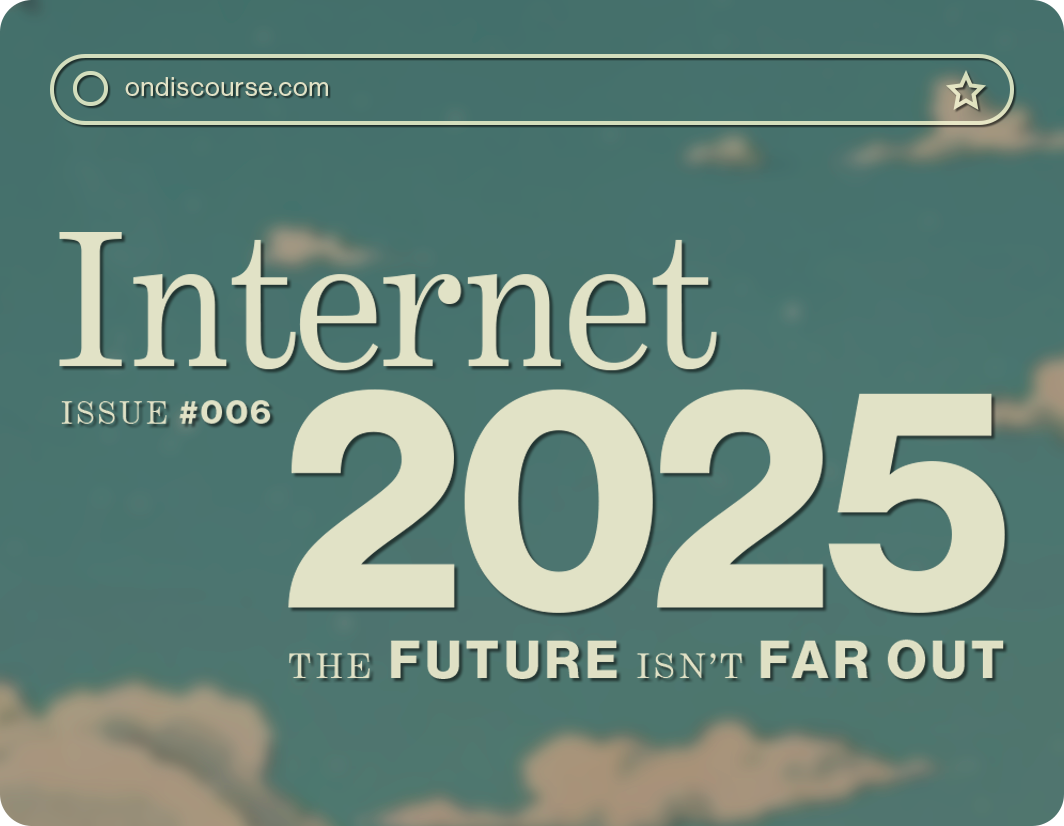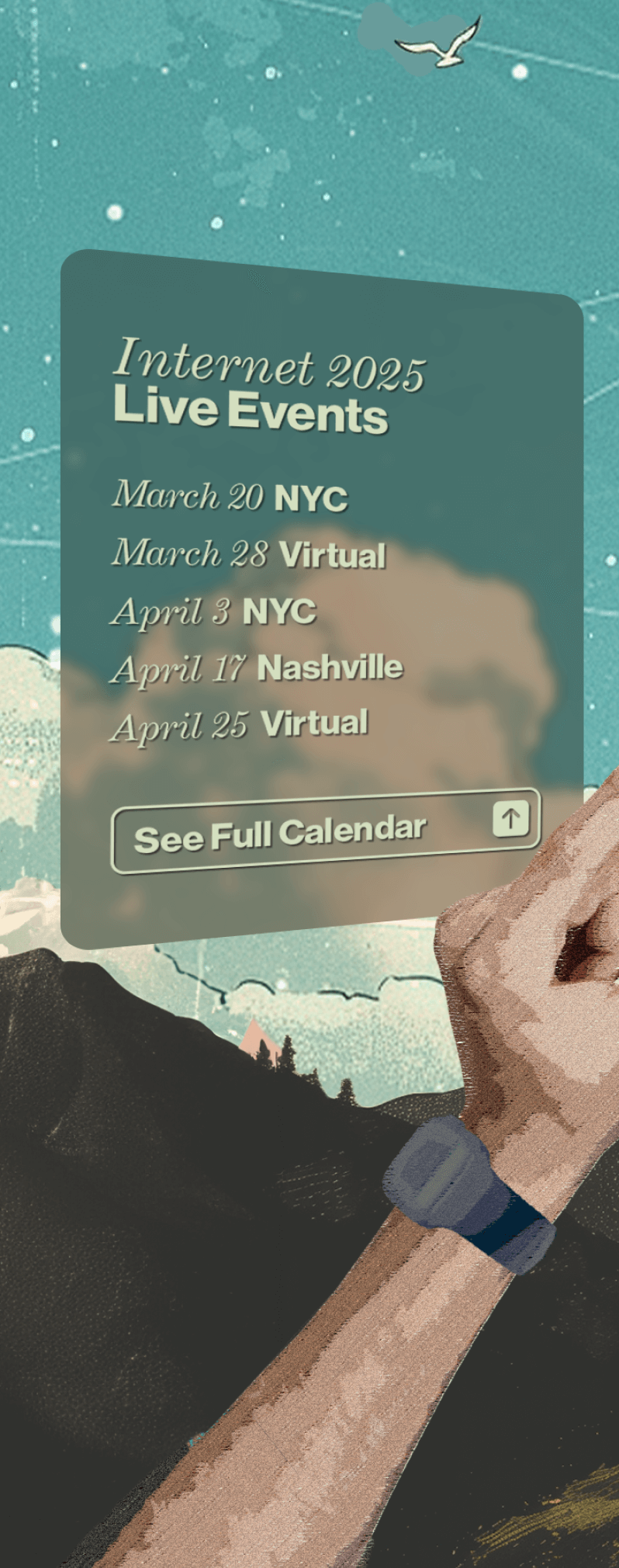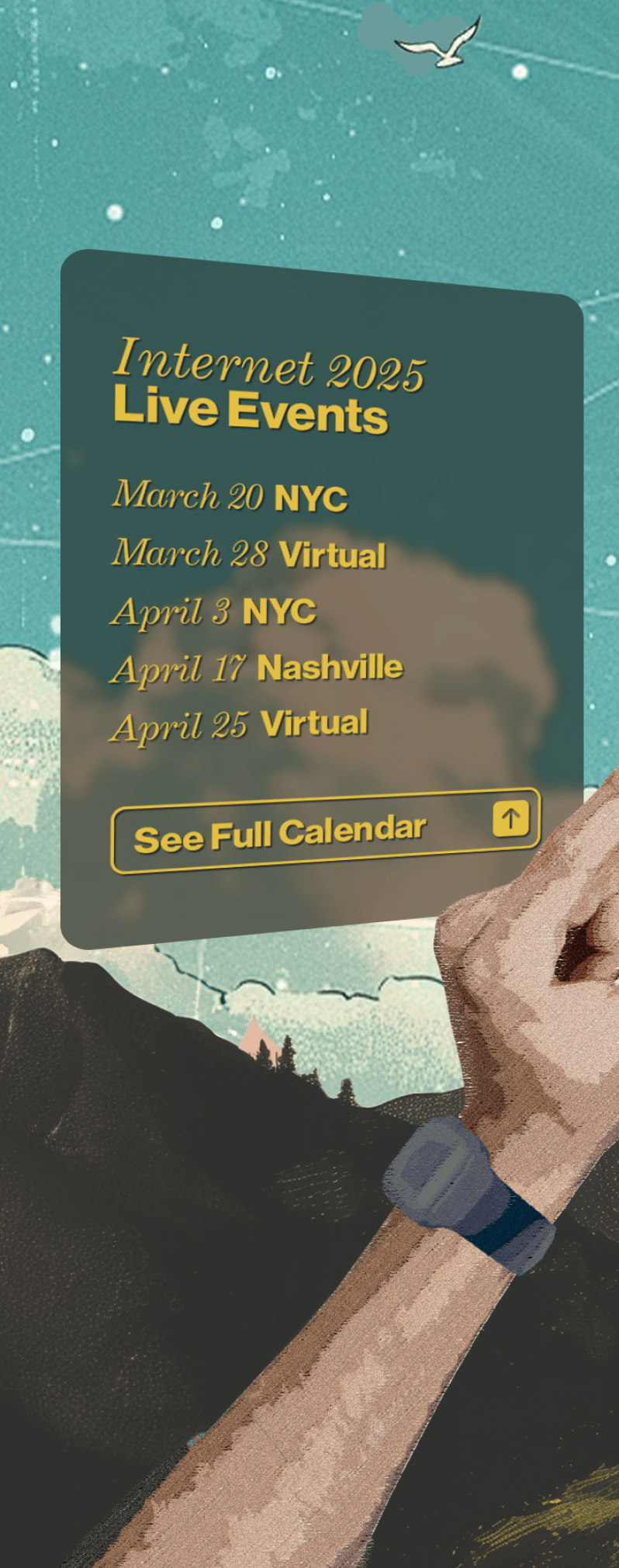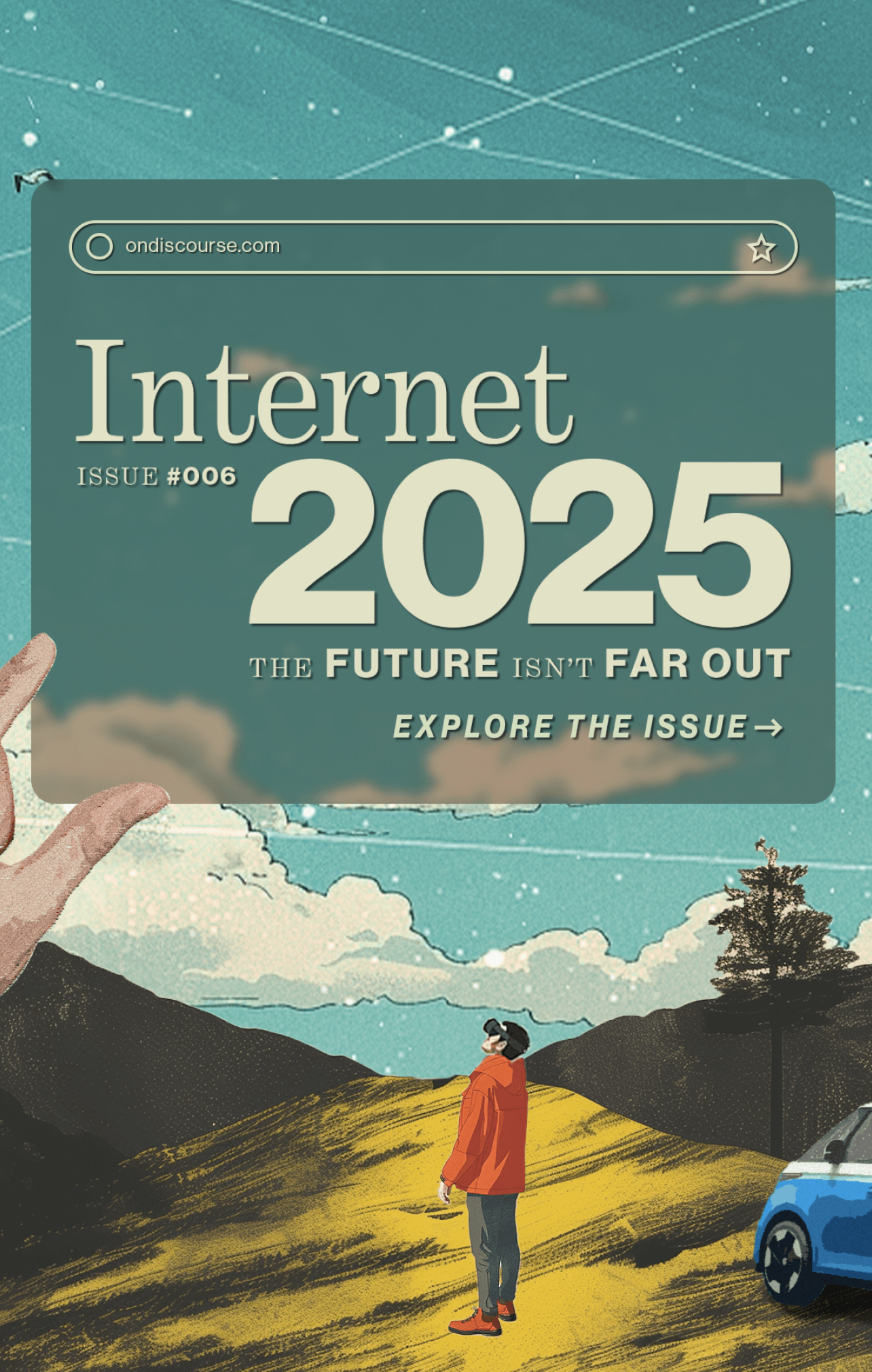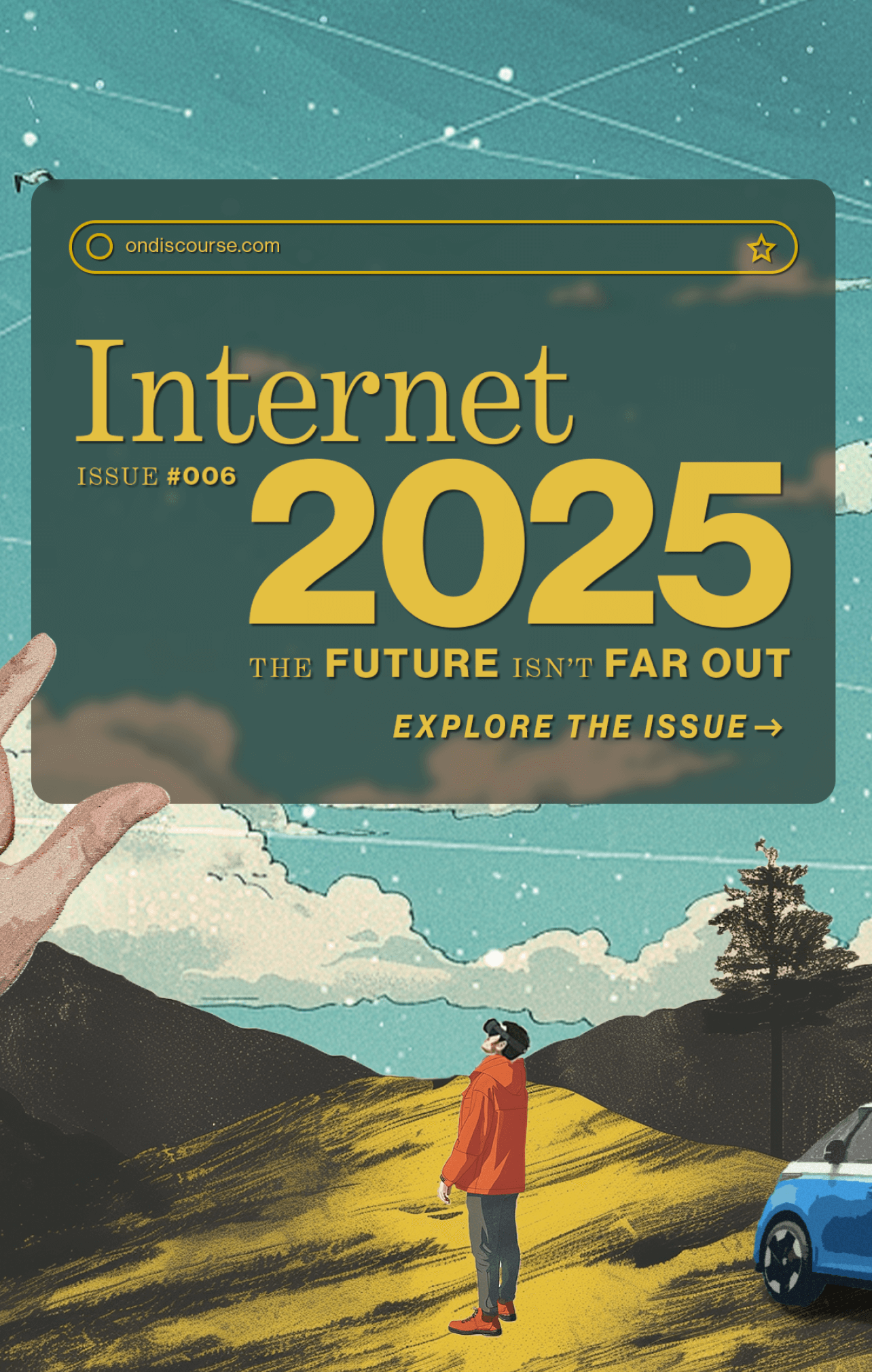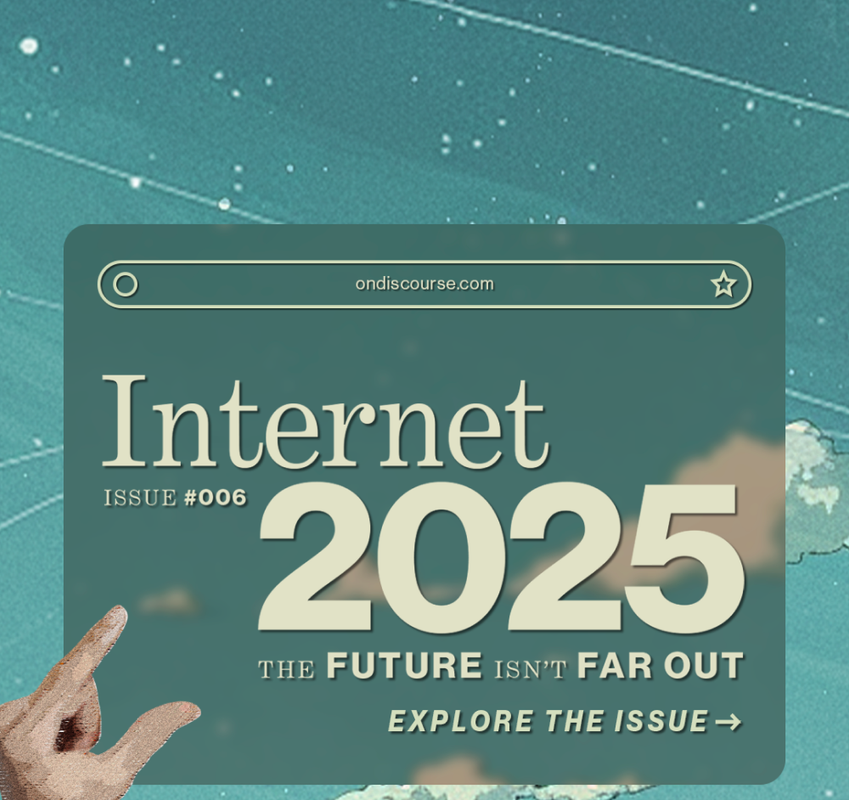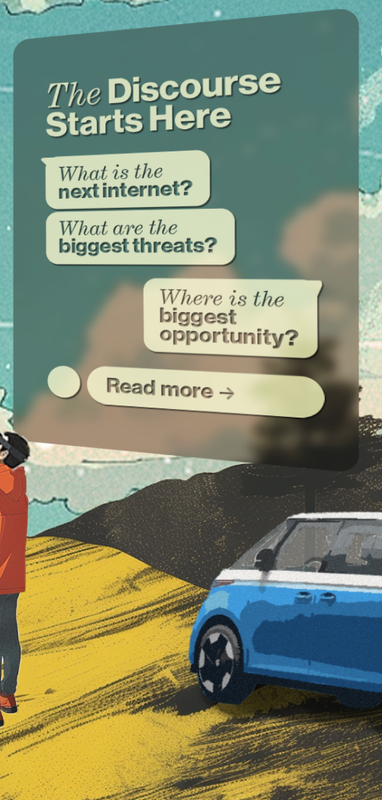
HELP WANTED
Chief Trust Officer
Must reassure skeptical Gen Z consumers in the next internet
Editor’s note: This post came from a virtual event dedicated to trust online. The speaker is a CMO at a major social engagement platform. This perspective emerged after a decade of interaction with online communities. We think there is something the prediction in the first line.
This post was written by a human and narrated by an AI-generated voice. (powered by Wondercraft.ai).
Before we reach the end of 2025, you will see at least one major American corporation establish a Chief Trust Officer. The first announcement will drive a c-suite hiring trend across the economy: any company that operates on the new internet is going to need this role. To understand why, you need to appreciate the elasticity of the business meaning of this one word
Before the emergence of AI, the concept of trust was an abstract brand value that connoted goodness. Think of Johnson & Johnson (a family company) or Kleenex. Those brands leaned into a vibe that helped marketing. That changed with the emergence of cloud computing.
When consumers could store information in the cloud, family company vibes were much less relevant or valuable. Suddenly size, scale, and security emerged as the defining characteristics of trust on the internet. Trust helped drive reticent buyers to submit their credit card information to make their first online purchase. Amazon’s security guarantee assuaged consumer fears and catapulted their explosive growth; they were trustworthy. In fact, they still are.
But the road ahead will require a different approach to trust. And leadership.
Today’s internet is facing a growing crisis in trust. Over 40% of today’s internet users in the US have been subjected to harassment and hate speech online. Every 39 seconds there is a data security breach somewhere online. The mass adoption of AI technology threatens to amplify both of these trends at an astronomical scale.
How trustworthy will Amazon reviews be to consumers who question if a human really wrote them? How will they ensure the long-term trustworthiness of their UGC ratings, reviews, and 3rd party partners?
But the road ahead will require a different approach to trust. And leadership.
Today’s internet is facing a growing crisis in trust. Over 40% of today’s internet users in the US have been subjected to harassment and hate speech online. Every 39 seconds there is a data security breach somewhere online. The mass adoption of AI technology threatens to amplify both of these trends at an astronomical scale.
How trustworthy will Amazon reviews be to consumers who question if a human really wrote them? How will they ensure the long-term trustworthiness of their UGC ratings, reviews, and 3rd party partners?
Over 40% of today’s internet users in the US have been subjected to harassment and hate speech online. Every 39 seconds there is a data security breach somewhere online.
Demographics are also pointing to the long-term business value of truth in the new internet. Gen Z is starting to coalesce around IRL events and human-powered online community experiences. They use social media for search and shopping, and expect brands to directly support social causes. This segment is going to favor brands that represent a full spectrum of trust in the next internet. But what that looks like is still an open question.
There is no singular solution to this challenge. It cannot be resolved by a new product feature (Chief Product Officer); it is not confined in the domain of the tech stack (Chief Technology Officer); its essence cannot be expressed in a marketing campaign (Chief Marketing Officer); and it requires more day-to-day oversight than can be provided by the COO, CFO, or CEO. The new internet needs this role.

